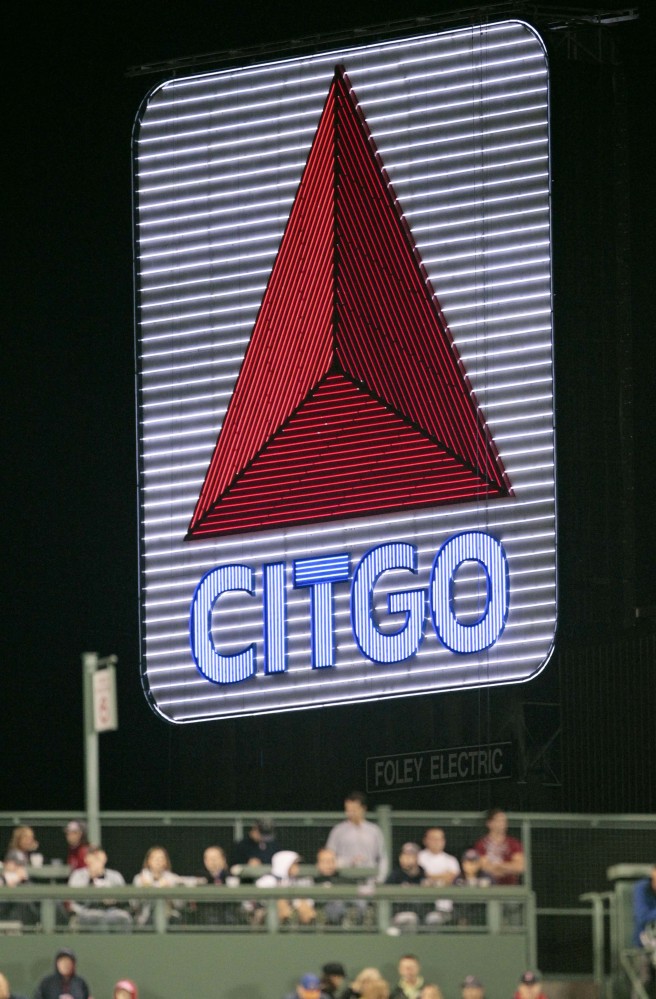BOSTON – Boston University’s announcement Friday that it has agreed to sell the building on which the city’s Citgo sign sits to a local developer is raising hopes among preservationists that the iconic symbol will stay.
The university said it had reached a deal with developer Related Beal to sell a package of several properties, including the home of the 3,600-square-foot sign.
A sign from what is today known as Citgo Petroleum Corp. has been part of Boston’s skyline since 1940. The current sign dates to 1965, although it has been refurbished several times.
There’ve been fears that a new owner could have the red, white and blue sign taken down or moved. Greg Galer, executive director of the Boston Preservation Alliance, said Friday a Boston-based developer will better understand the importance of the sign to the city.
“We’re encouraged,” he said. “We have a long history with Related Beal and they have been sensitive in the past to the needs of buildings with historical significance.”
Terms of the deal were not disclosed. The university’s statement did not specifically say what would happen to the sign, only saying that planning for its future could begin. Related Peal did not immediately return calls Friday seeking comment.
Gary Nicksa, BU’s senior vice president for operations, said in the announcement that he hopes community concerns about the future of the area will now subside.
“This is a fantastic neighborhood that has a combination of different users – you have the university, the sports fans, the local residents, and people that are attracted to Kenmore as tourists, as employers,” Related Beal President Kimberly Sherman Stamler said in a statement.
The deal is expected to close in the fall. BU is selling the buildings but will lease the land to the new owners.
The sale is being made to raise capital for the university’s core missions of teaching and research, BU President Robert Brown said.
The Boston Landmarks Commission last month granted preliminary landmark status to the sign and is studying the issue further to determine whether it warrants permanent landmark status. Such a designation would mean the sign could not be changed or removed without the commission’s approval.
This story has been corrected to show that the announced sale mentioned that planning for the future of the sign could begin.
Send questions/comments to the editors.



Comments are no longer available on this story